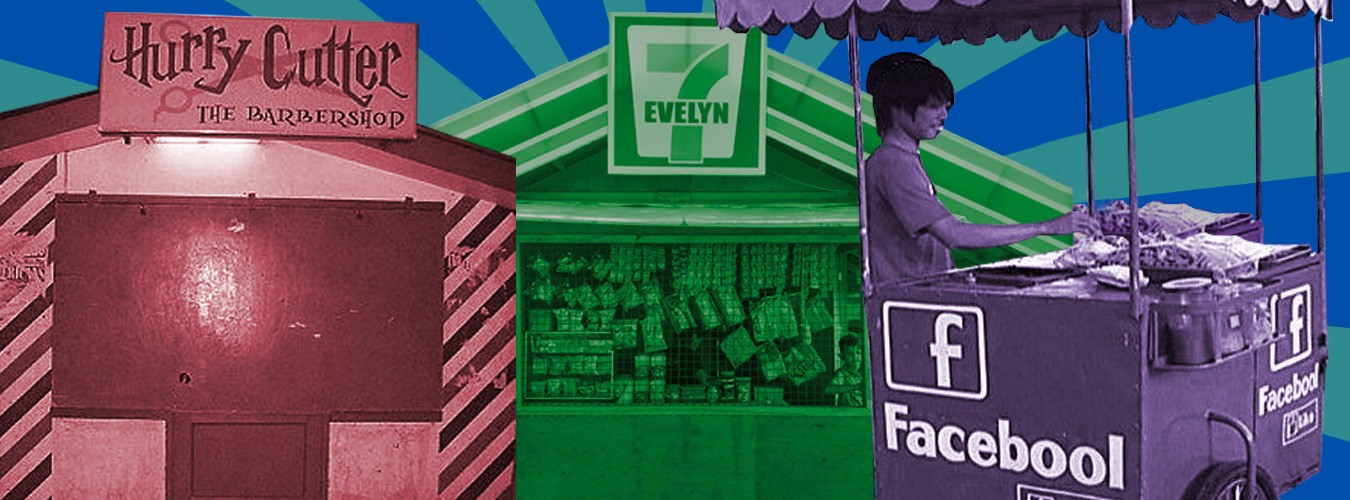Of Trademarks and Filipino Humor

Of Trademarks and Filipino Humor


Let us take the example of the case involving McDonald’s and L.C. Big Mak Burger. McDonald’s is a global corporation that operates and franchises fast-food restaurants around the world and one of its more popular products is the Big Mac. L.C. Big Mak Burger likewise in the fast-food restaurant business. McDonald’s then filed a case for trademark infringement and unfair competition against L.C. Big Mak Burger claiming that the latter, by using Big Mak in the packaging of its burgers, infringed on the Big Mac trademark and is using the name and goodwill of said trademark to sell its products. L.C. Big Mak Burger countered that McDonald’s is not entitled to exclusive use of the trademark and that it was previously registered. Also, L.C. Big Mak Burger claims that it was not using a colorable imitation of the Big Mac trademark of McDonald’s.

Under Sec. 155 of Republic Act 8293 or the Intellectual Property Code of the Philippines, lists two ways through which a person may infringe a trademark. First is to “[u]se in commerce any reproduction, counterfeit, copy, or colorable imitation of a registered mark or the same container or a dominant feature thereof in connection with the sale, offering for sale, distribution, advertising of any goods or services including other preparatory steps necessary to carry out the sale of any goods or services on or in connection with which such use is likely to cause confusion, or to cause mistake, or to deceive. The second way through which a trademark is infringed is to “[r]eproduce, counterfeit, copy or colorably imitate a registered mark or a dominant feature thereof and apply such reproduction, counterfeit, copy or colorable imitation to labels, signs, prints, packages, wrappers, receptacles or advertisements intended to be used in commerce upon or in connection with the sale, offering for sale, distribution, or advertising of goods or services on or in connection with which such use is likely to cause confusion, or to cause mistake, or to deceive, xxx”.
In the case of L.C. Big Mak Burger, the Supreme Court ruled that it has infringed on the Big Mac trademark of McDonald’s for a number of reasons. First, the use of Big Mak in the packaging of the burgers sold by L.C. Big Mak Burder resulted in a likelihood of confusion with Big Mac. L.C. Big Mak Burger claimed that they are selling their burgers mostly to the “low-income” segment of the population while Big Mac was marketed to appeal to the middle and upper-income groups. The Supreme Court dismissed this argument stating that “[t]he registered trademark owner may use his mark on the same or similar products, in different segments of the market, and at a different price, levels depending on variations of the products for specific segments of the market.” Basically, the Supreme Court said that it does not matter that L.C. Big Mak sold its burger at stalls while Big Macs are mostly sold in big air-conditioned buildings, the fact remains that there exists the likelihood of the public getting confused with regard to the product.
On to the 7 Evelyn store that went viral just recently. It will be recalled that a manager of 7-11 went to the owner of the sari-sari store to have the logo of 7 Evelyn taken down. One might claim that 7 Evelyn would not cause any confusion between the sari-sari store and the convenience store chain. But if one looks at the logo used by the sari-sari store, the color scheme, and the logo are the same as the convenience store’s – a registered trademark. Thus, there was no need to look into the likelihood of causing confusion like the case of L.C. Big Mak Burger and Big Mac of McDonald’s.

While we are entertained by the wit and humor displayed by these business names, we should always be mindful of the legal consequences it may have. Trademarks are protected by law and anyone who infringes on it, or cashes in on the popularity of trademarks owned by another, may be held legally liable.
Disclaimer: This article is for information purposes only. This should not be taken as a legal advice nor be used as a basis for any legal action
